In the same manner as the symposium’s dialogic approach, and in an attempt to stimulate further reflection, three conversations among curators, artists and researchers will take place throughout February and March 2021 via our viewing platform. Following these discussions, there will be exchanges with the public, who will then have access to the presentations’ archives.
Empathy and Solidarity for the Times to Come
10h (UTC-5) — February 23 2021

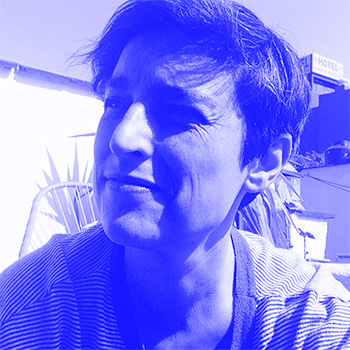
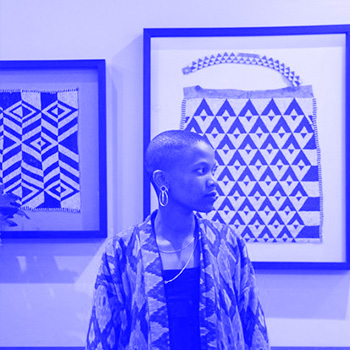
In a forward looking perspective, this discussion will explore the potential of strategies that call for benevolence and altruism in the digital arts sphere. The discussed issues will be guided by a focus on the social resonances of curatorial practices within our communities.
Moderator: Tamar Tembeck
Tamar Tembeck is an art historian, curator and researcher whose work engages with visual cultures of illness and medicine. She is artistic director of the artist-run centre OBORO.


Collective Voices for Digital Decolonization
10h (UTC-5) — March 2 2021

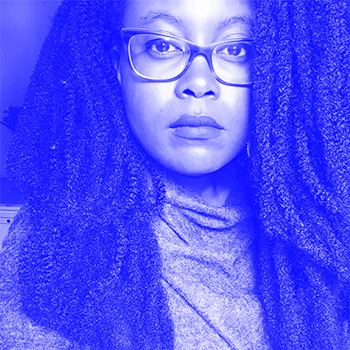
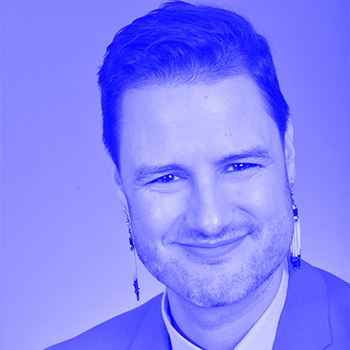
This talk aims to stimulate reflection on the power of collective mobilizations to create spaces of exchange to further the emancipation for under-represented communities, particularly in the world of digital art. Platforms as diverse as Future Lab Africa, African Digital Art and The Indigenous Curatorial Collective will be at the core of the discussed issues.
Moderator: Armando Perla
Armando Perla is an independent curator, consultant and a board member of the International Council of Museums’ International Committee on Ethical Dilemmas. He was also a founding curator of the Canadian Museum for Human Rights.


Connecting Realities: AI and VR
18h (UTC-5) — March 4 2021


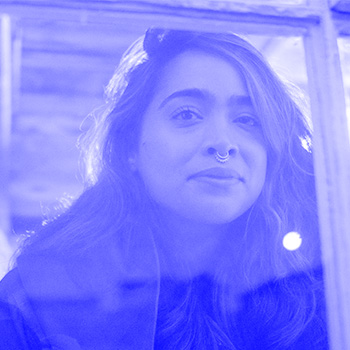
This conversation will address how AI and VR can affect interdisciplinary projects in the digital art sphere, with parallel concerns on how these technologies can facilitate – or complicate – the understanding of different identities and social issues. It will thus question how AI and VR can help to connect different worlds, either between colleagues and various research fields, or through the digital work’s capacity to trigger experiences of otherness.
Moderator: Dr. Rilla Khaled
Dr. Rilla Khaled is an Associate Professor of Design and Computation Arts at Concordia University. Her work, based in Human-Computer Interaction, Design, and Games Research, focuses on the use of interactive technologies to improve the human condition.


